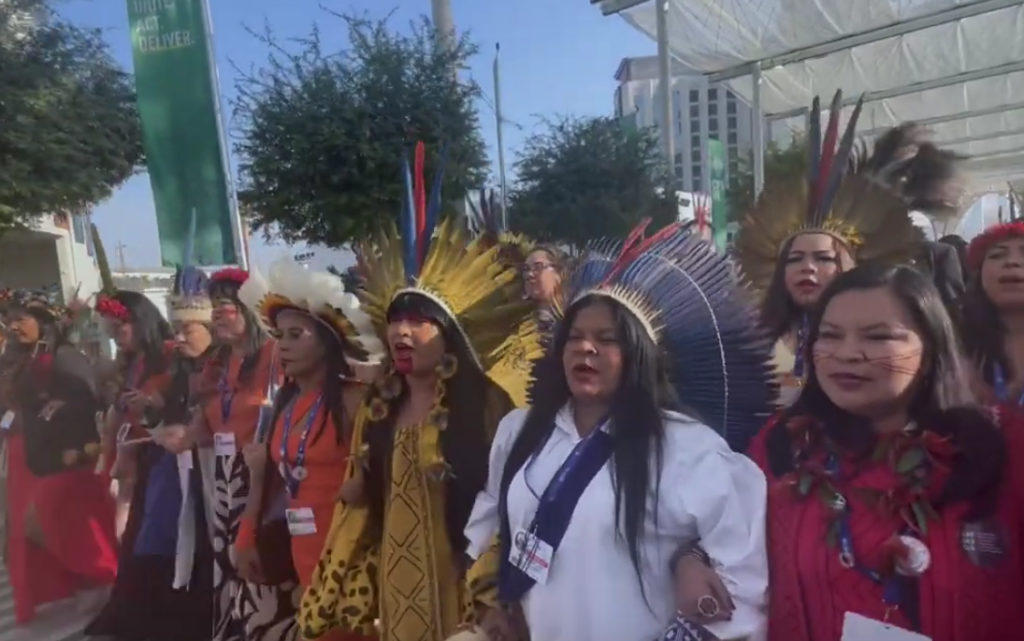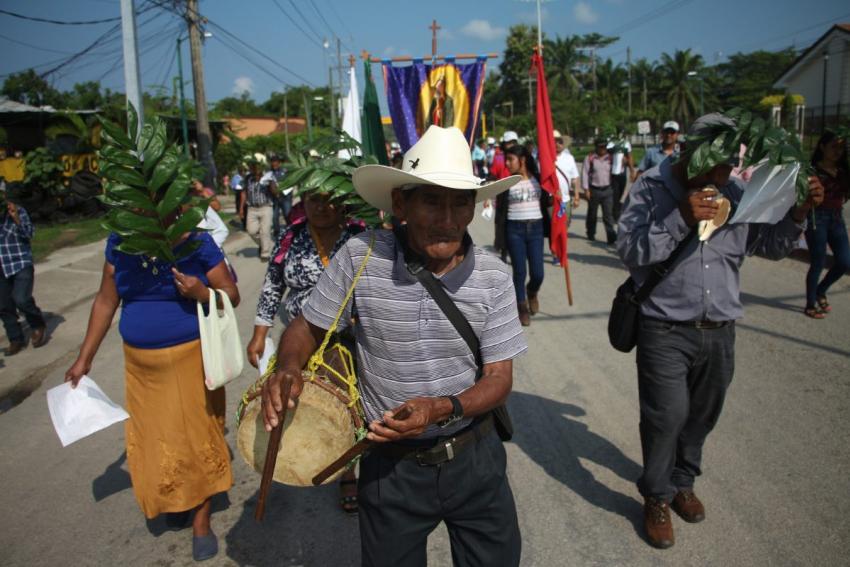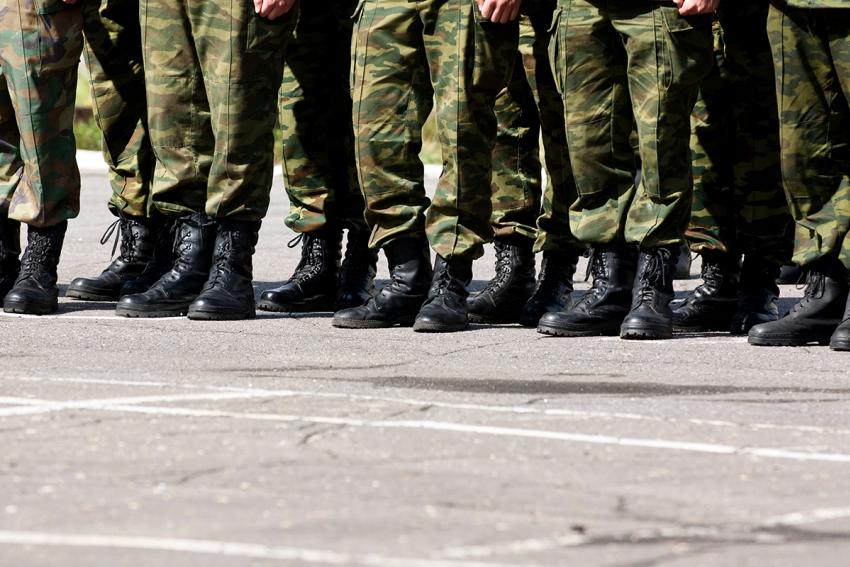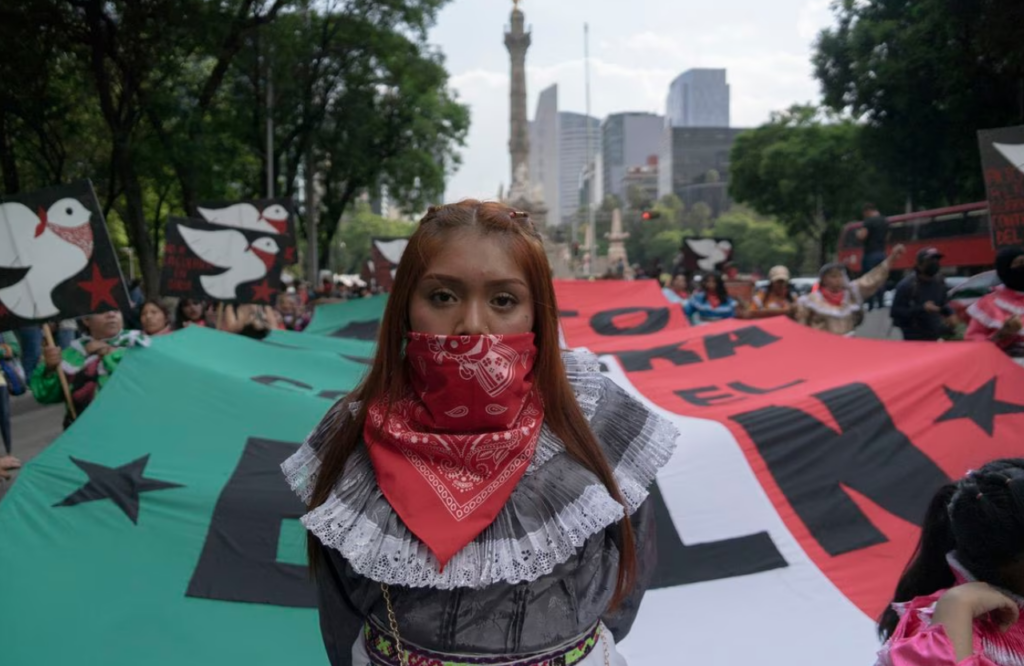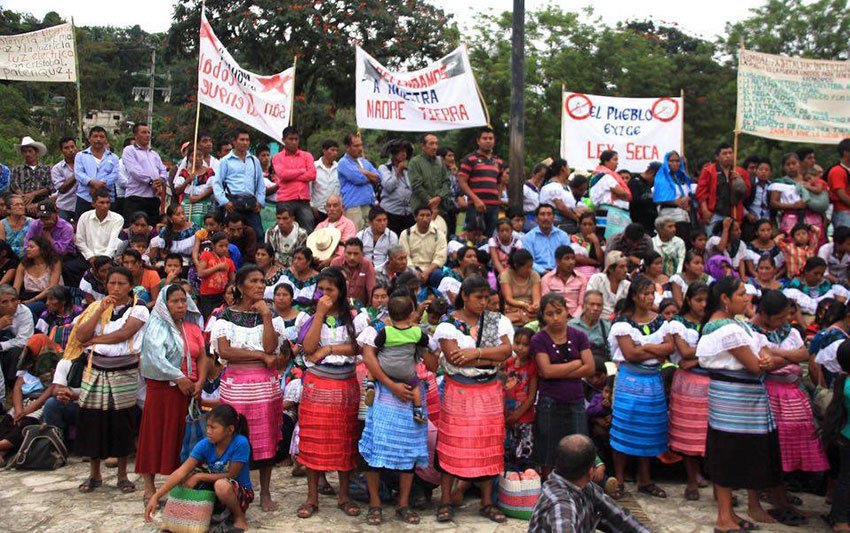Indigenous Peoples, Visible at COP28, Invisible in Agreements
COP28 ends today in the United Arab Emirates. In Dubai, indigenous people attend official events, take part in parallel forums and walk the corridors and patios of Expo City, the enormous venue on the outskirts of Dubai that hosts the summit. But the distance between that presence and the decisions of the COP is still more than kilometric.

